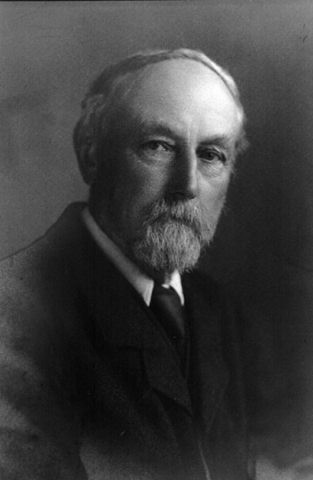

The Humanitarian League is a Society of thinkers and workers, irrespective of class or creed, who have united for the sole purpose of humanising, as far as is possible, the conditions of modern life.
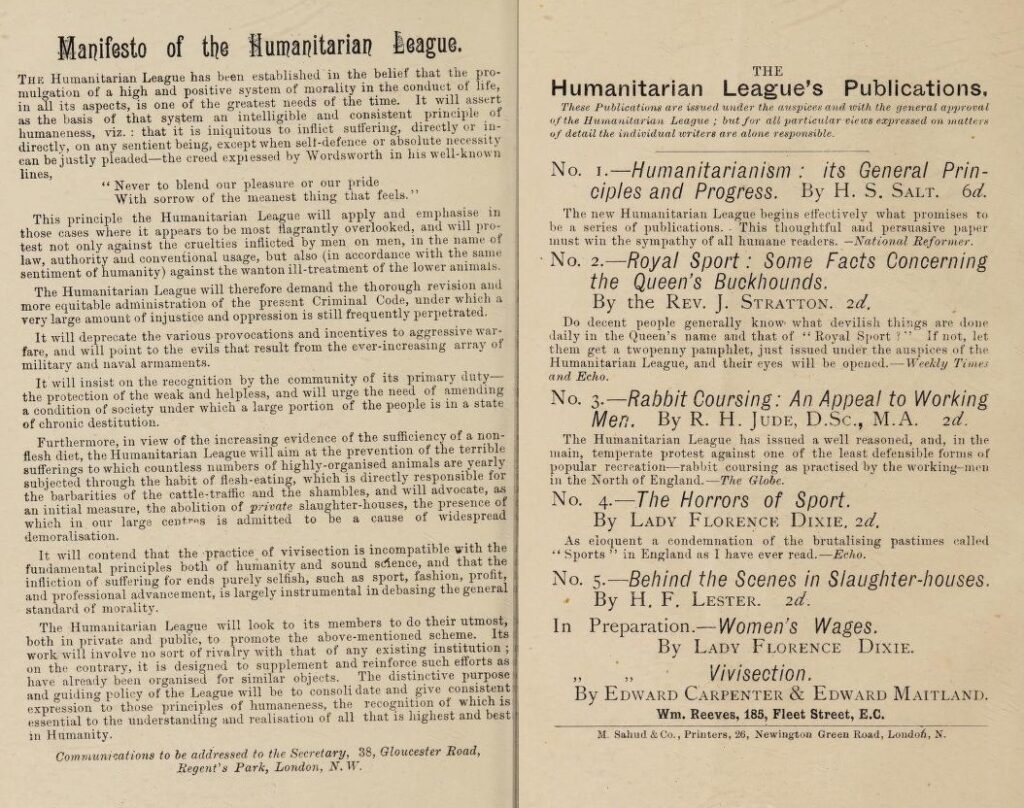
The distinctive purpose and guiding policy of the League will be to consolidate and give consistent expression to those principles of humaneness, the recognition of which is essential to the understanding and realisation of all that is highest and best in Humanity.
Manifesto of the Humanitarian League, 1891
The Humanitarian League was formed in 1891 ‘to proclaim a general principle of humaneness’ and to advocate for social and legal change accordingly. At the heart of the League’s philosophy was the belief that scientific advances and an understanding of evolutionary biology had ‘exploded’ long-held ideas of difference between race and class, as well as between human beings and animals, proving the need for a ‘broad democratic sentiment of universal sympathy’. As such, its founders sought ‘to form an association for the advocacy of humane principles on a constant and rational basis.’
The League’s founding figures were Henry S. Salt (writer and campaigner), Howard Williams (writer and advocate of vegetarianism), Alice Drakoules (humanitarian and campaigner), Edward Maitland (author and spiritualist), and Kenneth Romanes (translator). Writing of the League in the year of its foundation, Salt described it as ‘the very latest addition to the not inconsiderable number of Ethical Societies already in existence.’ and in its efforts towards a practical morality apart from any religious creed, and its emphasis on rationalism, it certainly was very much part of early organised humanism. Many of those who were active on the League’s committees, present at its meetings, or supportive of its causes, were motivated by humanist values, and many were members of other humanist organisations.
In 1895, the League acquired an office in Great Queen Street, London, and in the same year launched its journal, Humanity (later The Humanitarian). 1895 also saw the first National Humanitarian Conference, as well as a series of lectures from religious, ethical, secular, and scientific standpoints. From 1897 to its disbanding in 1919, the League’s headquarters were at Chancery Lane, from where they wrote regularly to the press on humanitarian issues, and organised debates to bring their arguments to the public’s attention. Special departments were established in the areas of Criminal Law and Prison Reform, Sports, Humane Diet and Dress, and Education. The League sought to be ‘a fighting, not a talking Society’, taking up causes including corporal punishment, blood sports, punishments for vagrancy, imprisonment for debt and ‘crimes of conscience’, and other ‘barbarisms of the age’.
Shortly after Salt stepped down as Honorary Secretary in 1919, the League came to an end. In 1924, former members of The Humanitarian League Henry Brown Amos and Ernest Bell founded the League for the Prohibition of Cruel Sports (today the League Against Cruel Sports).
Many humanists and members of the ethical societies pledged their support to The Humanitarian League. These included: Hypatia Bradlaugh Bonner, Herbert Burrows, Moncure Conway, Lady Florence Dixie, J. Passmore Edwards, G.W. Foote, Thomas Hardy, George Jacob Holyoake, Professor F.W. Newman, J.M. Robertson, Count Leo Tolstoy, and Professor Alfred Russel Wallace.
Salt, Henry S., ‘A League of Humaneness’ in Seventy Years Among Savages (1921)
‘Every-day Ethics: The Humanitarian League’, originally published in Seed-Time, July 1891
The Humanitarian League at the Henry S. Salt Society
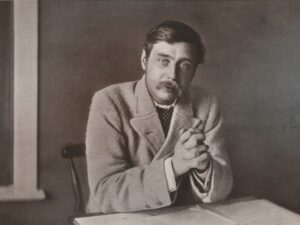
More science is needed, more interchange and more co-ordination. Act to that end. This is my philosophy of action; this […]
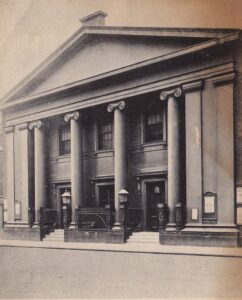
Under its successive names, adopted or given… is traceable a constant endeavour to study carefully, and keep abreast of, the […]
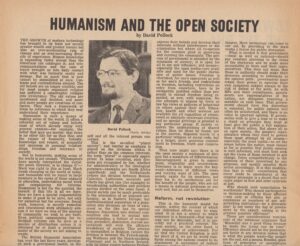
Much needs changing in the world of today, and humanists will be found in large numbers in the ranks of […]
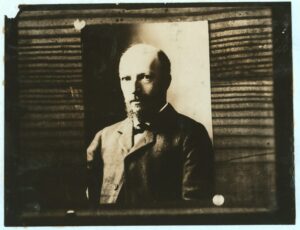
Those who never saw or heard Dr. Adler are nevertheless his heirs, though they cannot realise how creative and inspiring […]